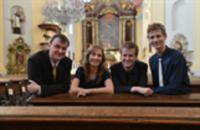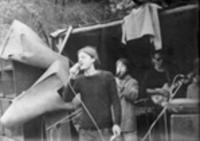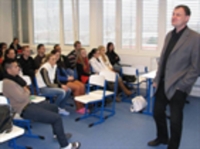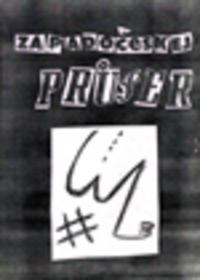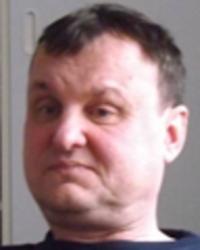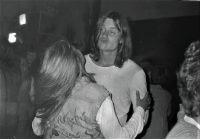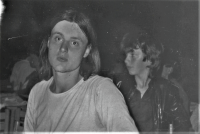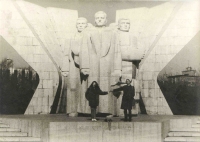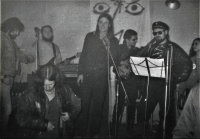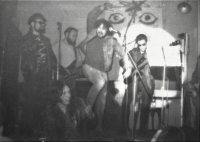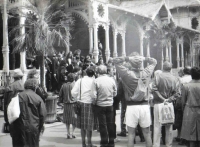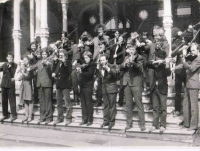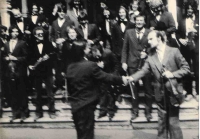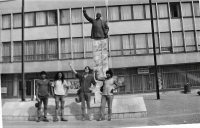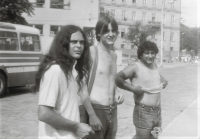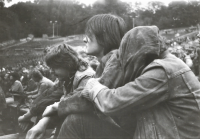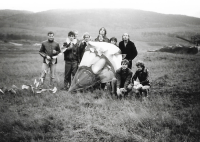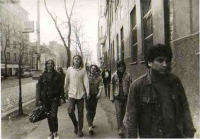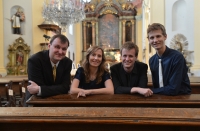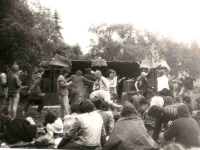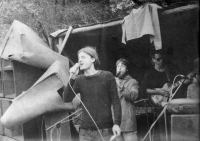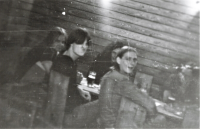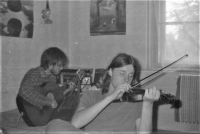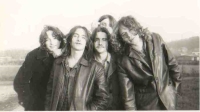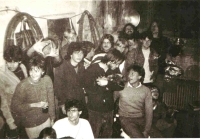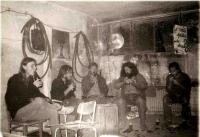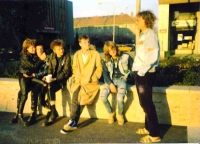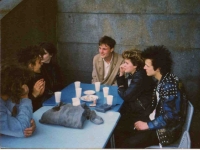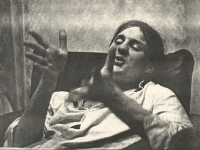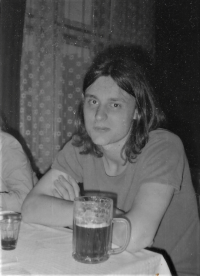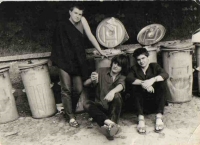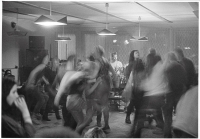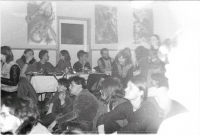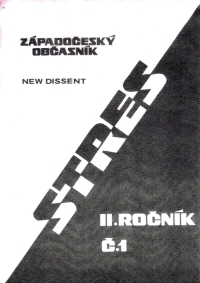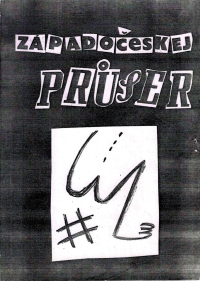Normalization was not done by any occupiers. People did it to each other
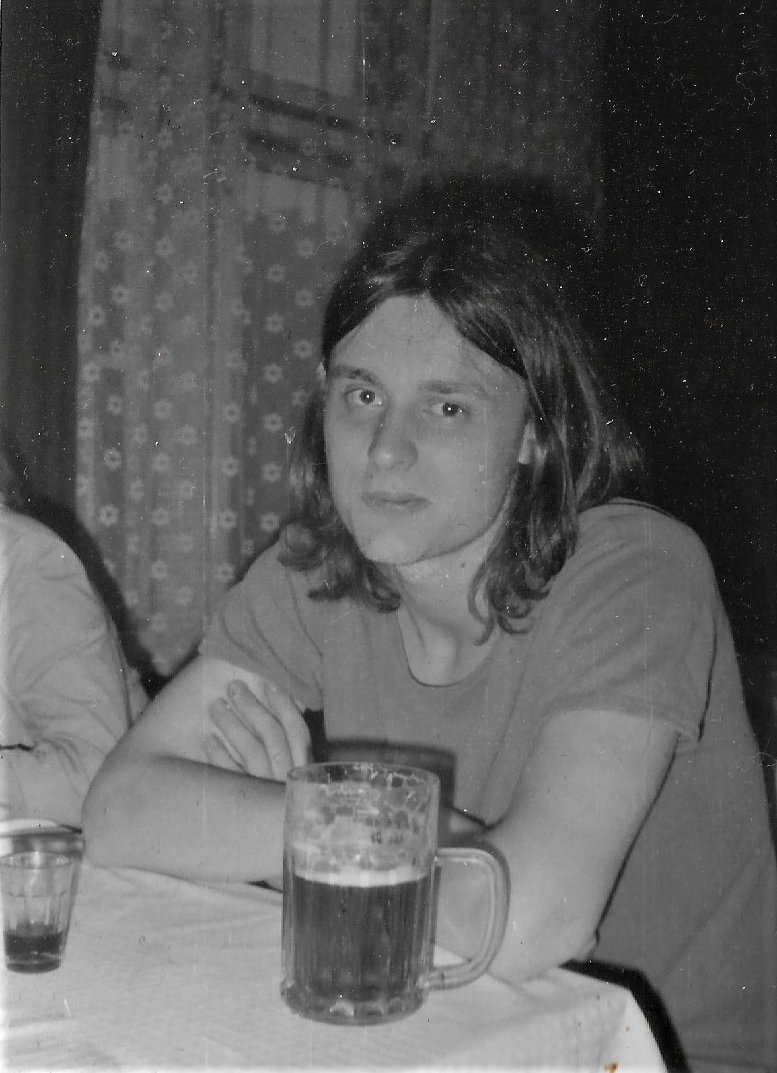
Stáhnout obrázek
Tomáš Kábrt was born on February 15, 1965 in Sokolov, where his parents immigrated from Náchod area and Pilsen for more affordable housing and work. He graduated from the Secondary School of Economics in Karlovy Vary and tried unsuccessfully to be admitted to the University of Economics in Prague. After his military service, he started working in Sokolov in supply, he was in charge of supply from imports. Later, he worked as a freight forwarder for long-distance transport. Already from his high school years, he devoted himself to the publishing of the samizdat cultural magazine Západočeský průser, and later added the more politically oriented Stres. He founded the band Luncheon Beat and wrote lyrics for the better-known band Beatové družstvo. In the texts, he expressed his opinions and attitudes towards the regime. He was involved in many independent cultural activities, from exhibitions to theater performances to various performances, which were supported by the recessionist association Ananas. In 1988, he and his friends obtained a secret report on the state of the environment in Sokolov area, which they published in Stres magazine and drew attention to it with numerous „I‘m suffocating“ signs throughout the city. Tomáš Kábrt also contributed to the visibility of the campaign by performing with the sign „S.O.S. – I‘m suffocating!” during the May Day parade on Sokolov square. He was never prosecuted, but many times he found himself interrogated at State Security or in a pre-trial detention cell. In November 1989, he was the coordinator of the Sokol Civic Forum. After 1989, he became involved in the post-revolutionary events in Sokolov area and managed the preparation of the first free elections in Sokolov. He participated in the establishment of the Sokolov daily editorial office, founded the Sokolovská beseda association, which expresses itself on burning public issues. He works as a journalist and lecturer in schools. He is a preacher of the Seventh-day Adventist Church.
